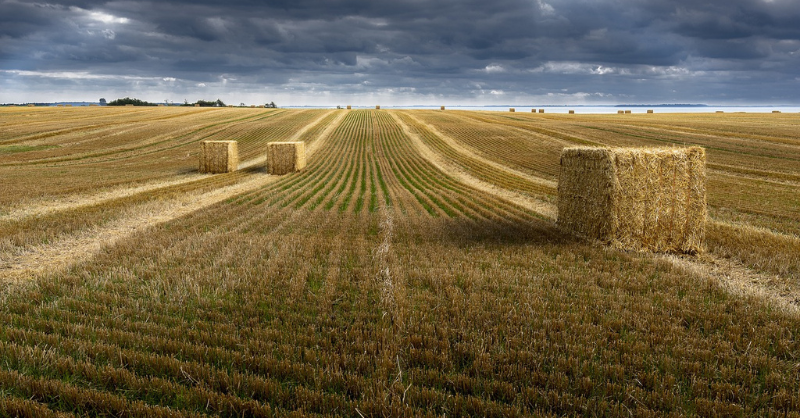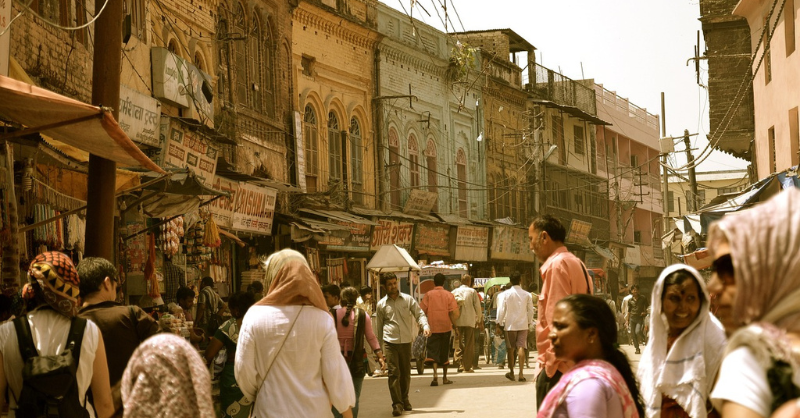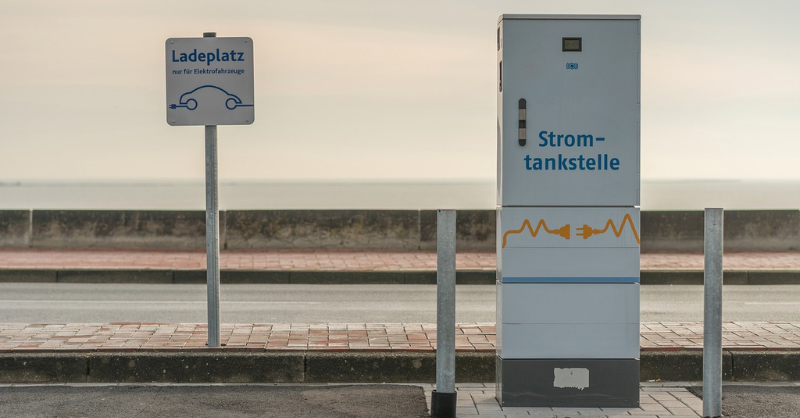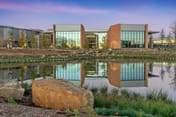Sunday Brunch: Things will be different, accept it & move on.
We need to change our business ecosystems if we are going to deliver the new, more sustainable ways of working. Assuming that we can do the same things as before, just greener, will not work.
What the public believes about EV's matters, even if it's not true
Politicians are not brave people, they want to do something that a large minority, if not the majority, will support. Which is why what the public believes about Electric Vehicles' really matters. And why 40% saying that they don't think EV's are better for the environment is a worry.
A practical example of 'solving' the artisanal mining challenge
We know that 'solving' the artisanal mining challenges is something we need to do. We also know that it's complicated. But people have done it, or at least started it - a Mozambique case study
Sunday Brunch: Financial markets are weighing machines
We all know that stock markets (in fact all financial markets) are partly driven by sentiment. But this only tells part of the story. Accounting fundamentals also matter.
Using 'waste' solar to heat our water
Is there a better way to heat water for our buildings. One that also 'soaks' up the surplus (and now wasted) cheap solar electricity. It turns out there is.
Re-using existing grid connections !
One challenge in building a new electrified energy intensive production facility is getting access to the (hopefully green) electricity. Has a West Virginia project found the solution?
Sunday Brunch: Are some industries really that 'hard to decarbonise'?
The decarbonisation challenge has two parts, technology and cost. In many cases we have a technological solution, we now need to focus on making it more cost competitive.
Is farmer insurance a green bottleneck ?
Insurance best practice can clash with sustainability. Without insurance, impacted communities would probably not continue. And it's the same for farmers.
What investors think about green steel matters
It's sometimes easy to forget that financial markets are driven by sentiment. The 'facts' that investors believe to be true matter. For green steel, apparently 80% of investors believe the risk profile for metallurgical coal will increase in the next decade. A clear market signal.
Sunday Brunch: Yes vs No questions
If we want companies to change, then we should start with simple 'yes' questions and work up to the 'Big Yes', our end objective. Don't start by demanding changes they will find it easy to say no to.
De-carbonising electricity will take time
Energy security can be an abstract concept. But sometimes it's very real. And it can clash with environmental concerns. In that case energy security seems to win, as it recently has done in India.
EV charging & industry consolidation - a pre-requisite?
The EV charging chicken and egg? We need more high quality 'public' charging to drive EV sales - which will probably require industry consolidation































